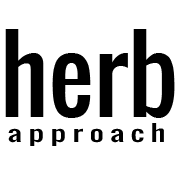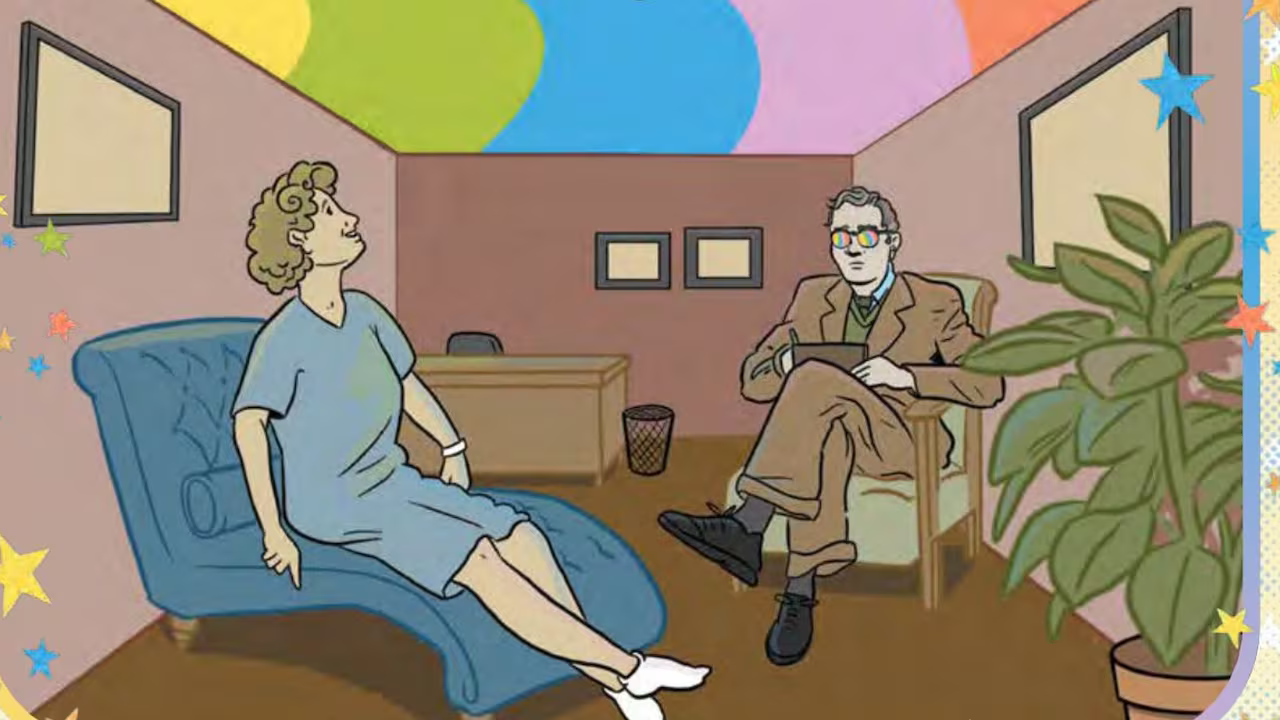Introduction: Canada’s Emerging Role in Psychedelic Studies
In the year 2024, Canada stands as a prominent hub for cutting-edge psychedelic research. However, this is not the first instance of the country delving into the intriguing world of psychedelic drugs.
A significant chapter unfolded in the 1950s, with Saskatchewan and New Westminster, British Columbia. Thus, playing unexpected but pivotal roles in pioneering psychedelic research.
Dr. Erica Dyck: Unraveling the Threads of Canada’s Psychedelic History
At the forefront of studying Canada’s psychedelic past is Dr. Erica Dyck. A distinguished history professor and the Canada research chair in the history of medicine at the University of Saskatchewan.

With over 60 papers and several books, including her latest work, “The Acid Room: The Psychedelic Trials and Tribulations of Hollywood Hospital,” Dr. Dyck offers profound insights into the groundbreaking research conducted during the 1950s.
Hollywood Hospital: A Psychedelic Epicenter in British Columbia
Explore the captivating story of Hollywood Hospital in British Columbia. Where over 6,000 supervised LSD trips unfolded between 1957 and 1975. Dr. Dyck delves into the details of Hollywood Hospital’s remarkable journey, still holding the title of the world’s longest-running psychedelic clinic.
Saskatchewan’s Socialist Revolution: A Catalyst for Psychedelic Exploration
Discover how the election of North America’s first socialist government in Saskatchewan in 1944 became a catalyst for international researchers.
Under the leadership of Tommy Douglas, Saskatchewan’s aggressive healthcare reforms attracted professionals like Dr. Humphry Osmond, a British psychiatrist, laying the groundwork for psychedelic experimentation.
Osmond and Hoffer: Pioneers in Canada’s Psychedelic
Join Dr. Osmond and Dr. Hoffer as they ventured into groundbreaking psychedelic experiments in Saskatchewan. Their research not only explored the psychotomimetic effects of LSD and mescaline but also delved into the treatment of alcohol use disorde. Showing remarkable success and paving the way for future psychedelic studies.

Hollywood Hospital’s Diverse Psychedelic Palette: Beyond Alcohol Use Disorder
While Hollywood Hospital gained fame for its treatment of alcohol use disorder, Dr. Dyck’s research unveils a diverse range of patient experiences.
From trauma to marital discord and same-sex attraction, Hollywood Hospital became a nexus for individuals seeking healing through psychedelic therapies.
Indigenous Ceremonies and Psychedelic Research: Bridging Spiritual and Clinical Perspectives
Explore the fascinating intersection between Western medicine and Indigenous ceremonies during the 1950s. Dr. Dyck sheds light on how Osmond and Hoffer borrowed concepts from Indigenous ceremonies, blending spirituality with clinical practices in their psychedelic treatment rooms.
Relevance for Today: Learning from Canada’s Psychedelic Past
As contemporary researchers rekindle the flame of psychedelic studies, Dr. Dyck emphasizes the importance of learning from history. Recognizing the fundamental questions that gripped researchers in the past, she urges present-day investigators not to dismiss the foundational work of the ’50s and emphasizes the ongoing relevance of historical insights for the evolving landscape of psychedelic research.
Conclusion: Navigating the Future through Canada’s Psychedelic Past
In conclusion, the exploration of Canada’s psychedelic past provides a roadmap for navigating the complex and evolving landscape of psychedelic research. By unraveling the threads of history, researchers can glean valuable insights to guide the future of psychedelic studies.

